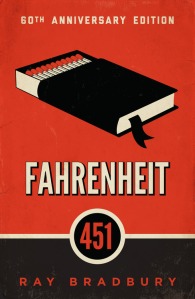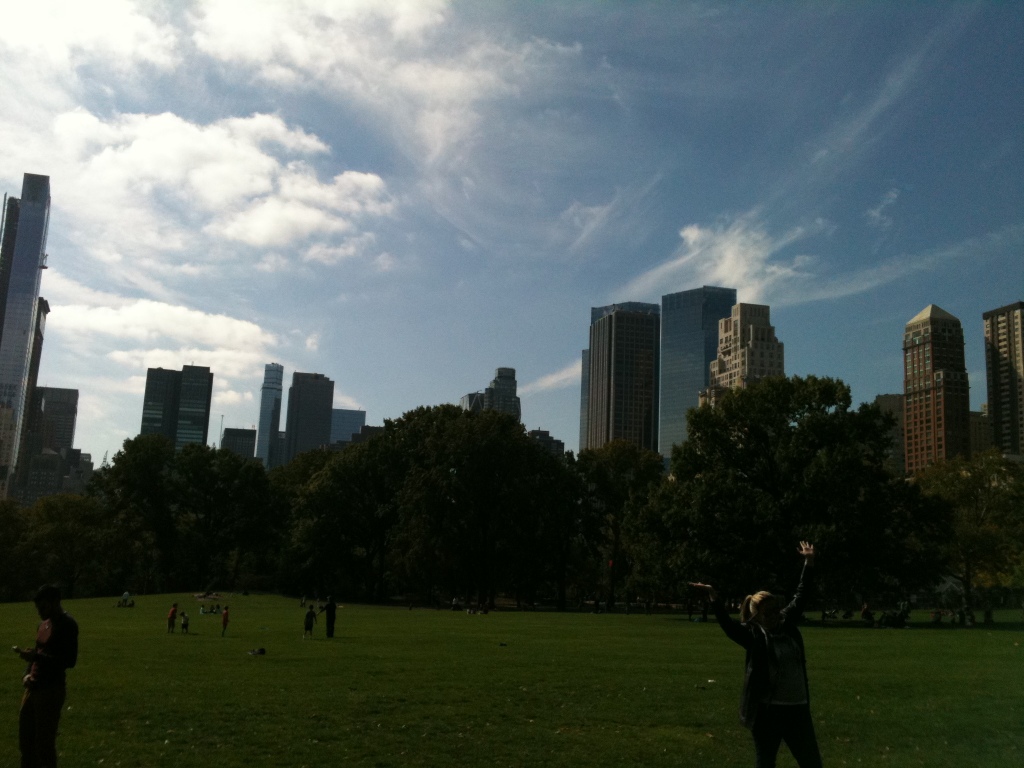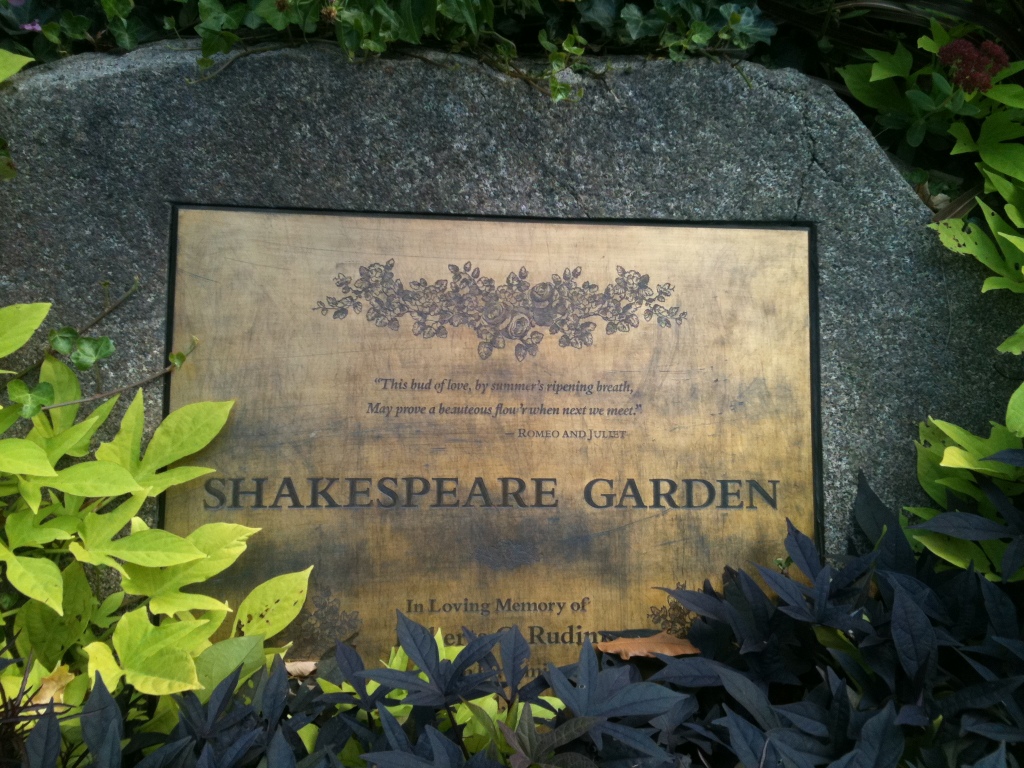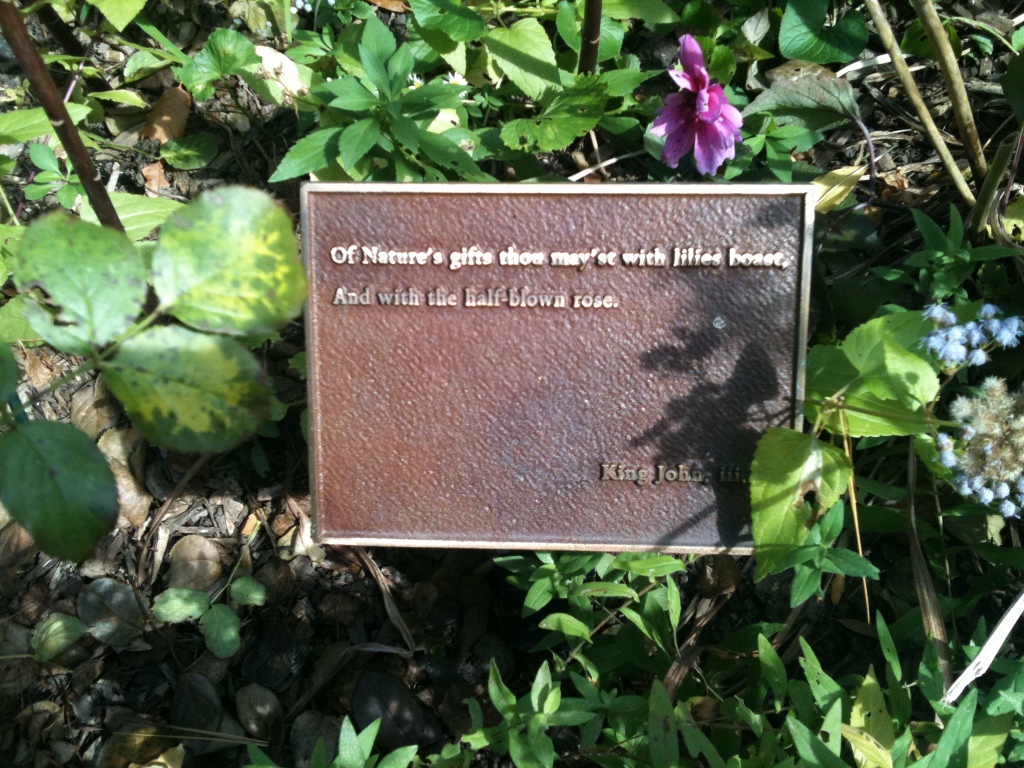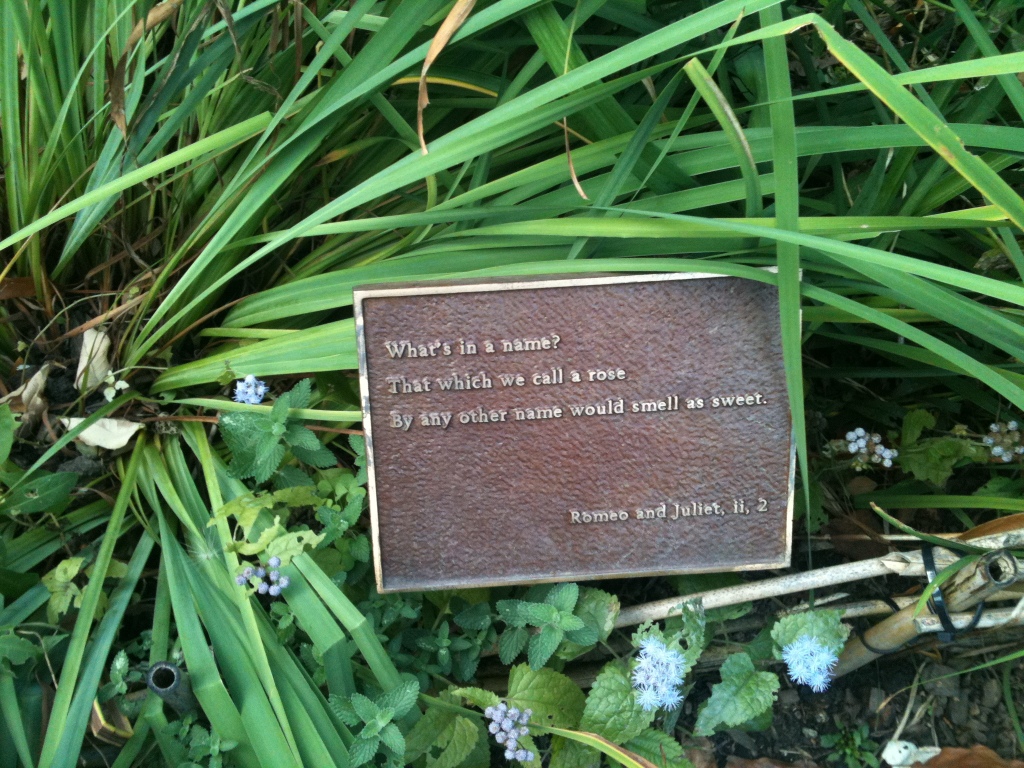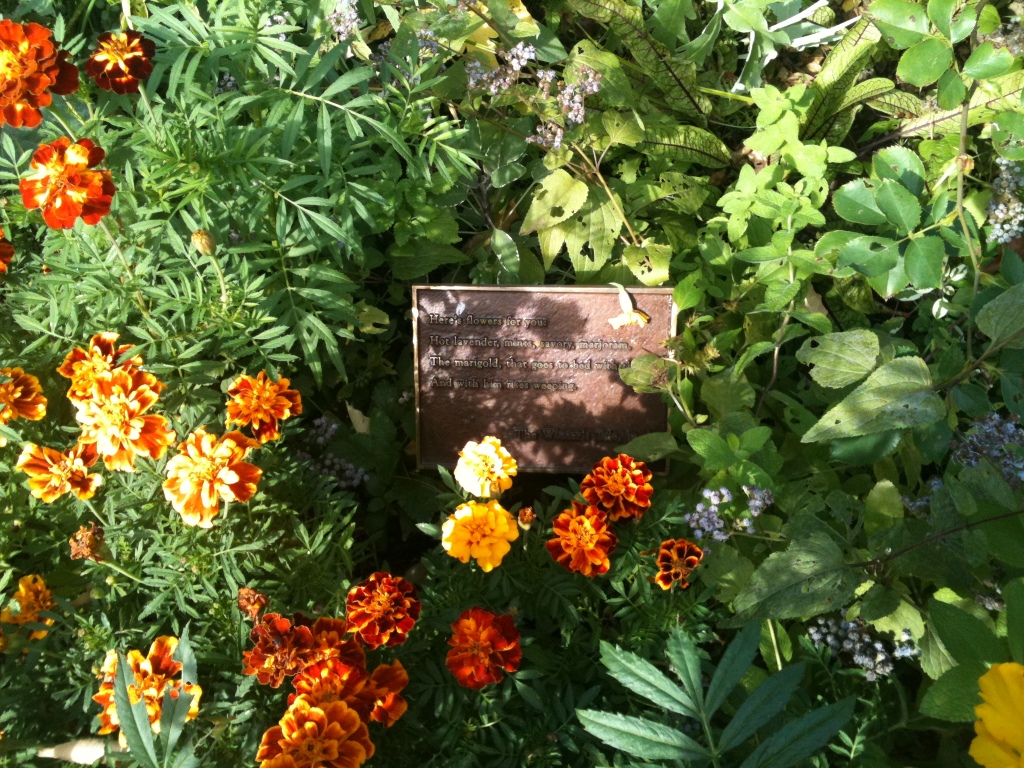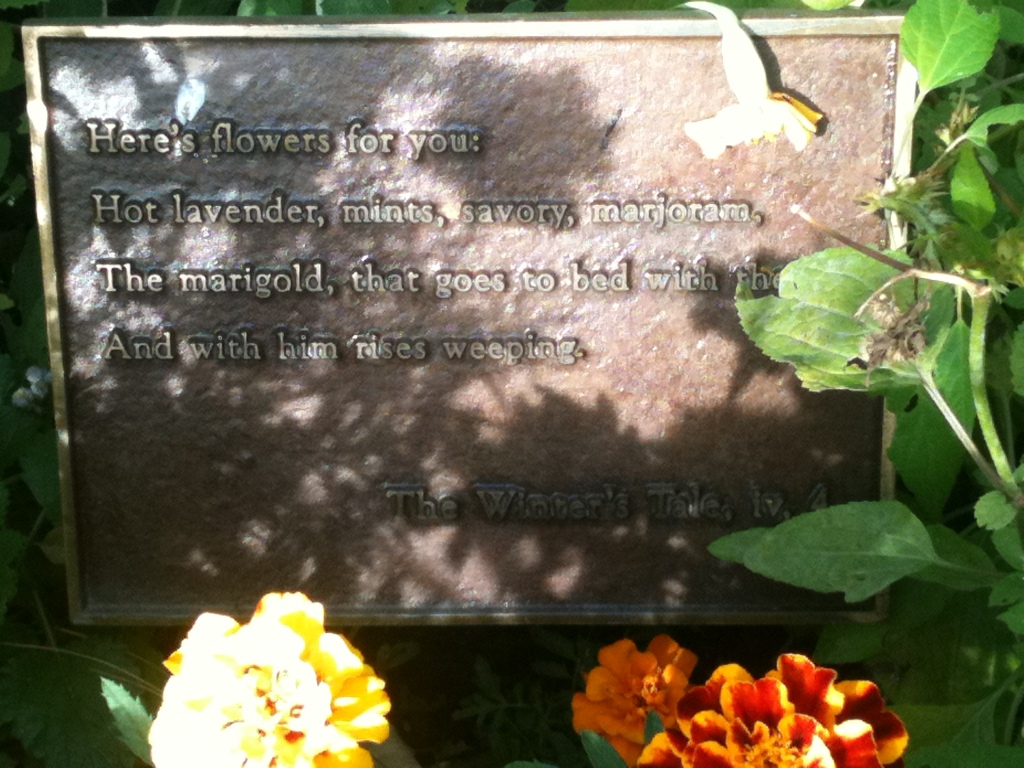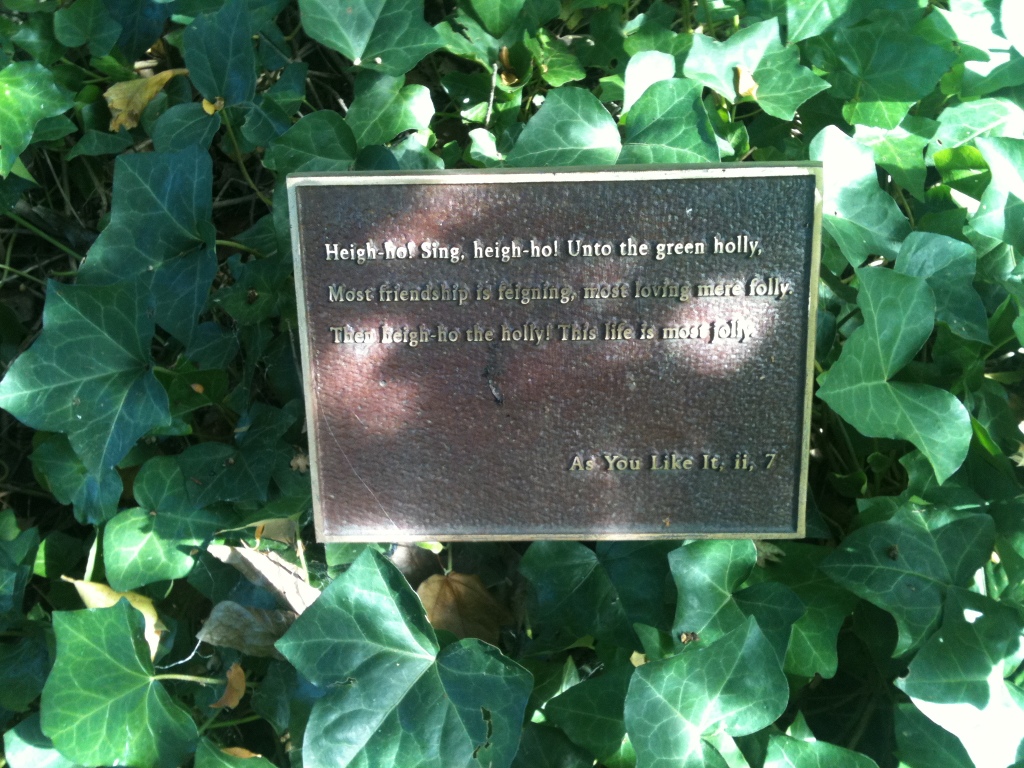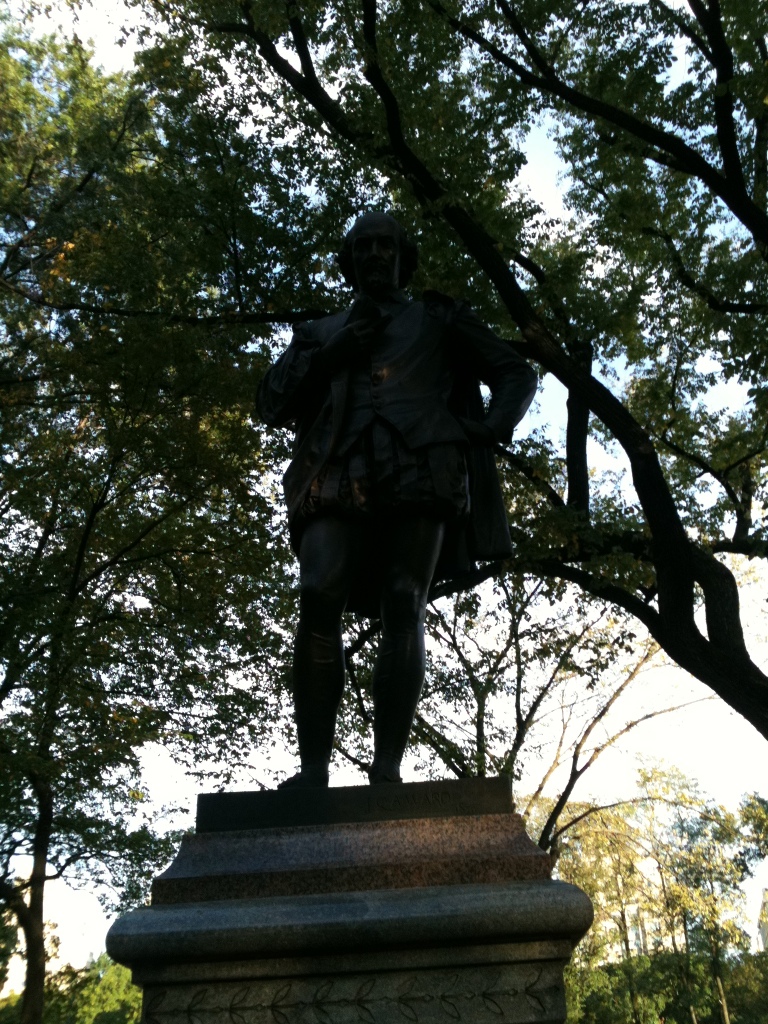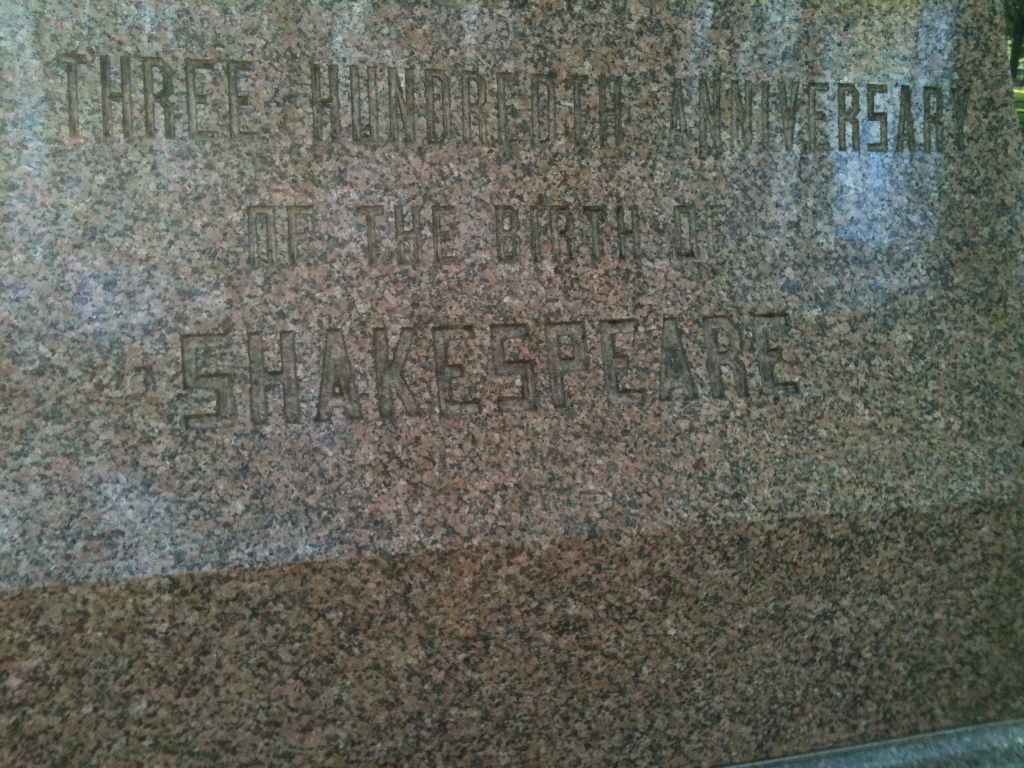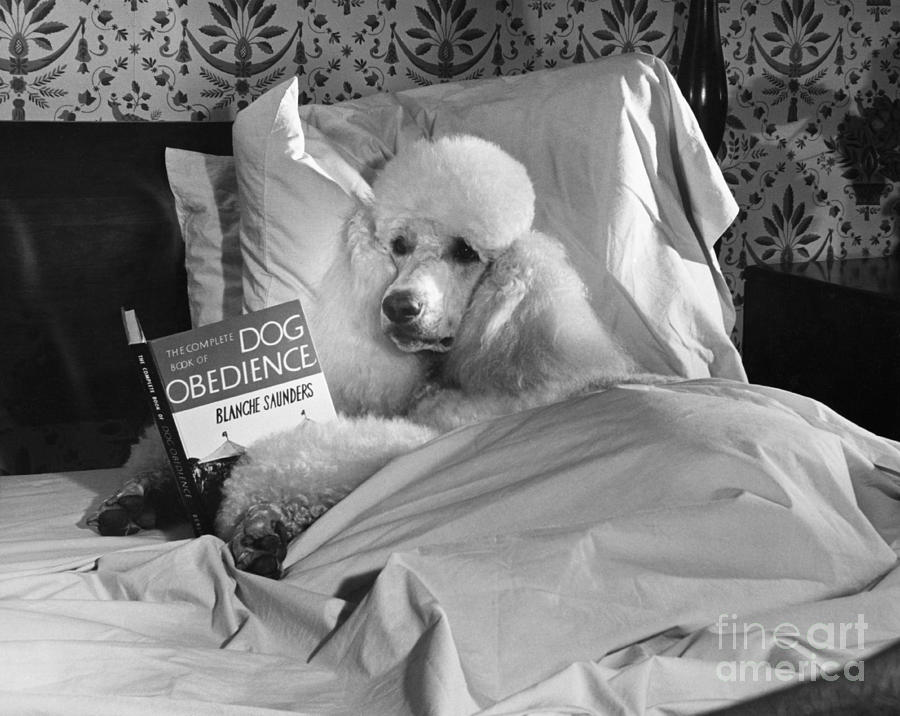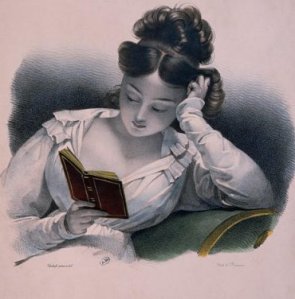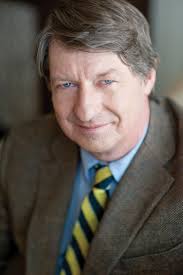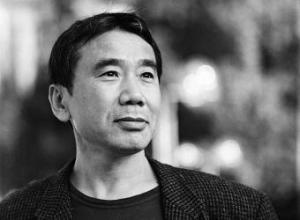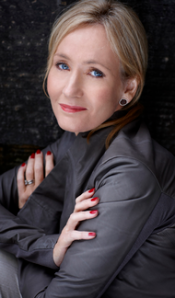Othello, Act 2, Scene 3
William Shakespeare
You can find part one of my 100 book challenge questions here. Hope this gives you a couple of good recommendations for 2014, especially if you’re taking up your own challenge!
9. Most thrilling, unputdownable book in 2013?
‘Before I Go To Sleep’ (S.J. Watson) easily wins this prize aka the I-Went-To-Sleep-So-Late-It’s-Actually-Ridiculous-And-Was-Grumpy-All-The-Next-Morning-Because-I-HAD-To-Find-Out-The-Ending-Of-This-Book Prize. Needs some editing I admit.
easily wins this prize aka the I-Went-To-Sleep-So-Late-It’s-Actually-Ridiculous-And-Was-Grumpy-All-The-Next-Morning-Because-I-HAD-To-Find-Out-The-Ending-Of-This-Book Prize. Needs some editing I admit.
The thriller tells the story of a woman who wakes up every day with her memory reset to a point in her life around twenty years ago, with no recollection of her age, her life now, how she got here, who and what she knows and what she has done. Her husband has to fill her in on all the details. But how do you know the man you rely on entirely is the man he says he is? It’s a completely gripping read, recommended for virtually anyone. Just don’t start if you’re planning to get anything at all done.
10. Book you read in 2013 that you are most likely to re-read next year?
‘Vile Bodies’ (Waugh) or one of the trashier books which I find much easier to re-read. I mean, I hope to re-read most of these at some point, but I’ll let them work upon my mind for a couple of years first. (For my thoughts on re-reading see here).
11. Top three covers of books you read in 2013?
I completely love the Vintage Classics editions of books, exemplified in the cover of ‘Brighton Rock’(Graham Greene):
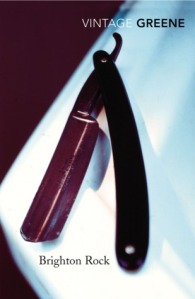 Virago Modern Classics are also gorgeous:
Virago Modern Classics are also gorgeous:
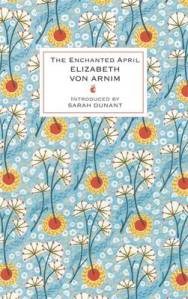 And I really like the 60th anniversary edition of ‘Fahrenheit 451’:
And I really like the 60th anniversary edition of ‘Fahrenheit 451’:
12. Three most memorable characters in 2013?
I don’t think I can limit myself to three here actually!
· Thursday Next, the eponymous heroine of Jasper Fforde’s books, is fun and completely believable, even if she does have a dodo for a pet and a time-traveler for a father.
· I think I’ll always be a bit in love with Robert Frobisher from ‘Cloud Atlas’ (David Mitchell), especially since he’s played by one of my favouritest actors ever, Ben Whishaw, in the movie (which I still haven’t seen!) Why won’t he write me a symphony or something?
from ‘Cloud Atlas’ (David Mitchell), especially since he’s played by one of my favouritest actors ever, Ben Whishaw, in the movie (which I still haven’t seen!) Why won’t he write me a symphony or something?
· Flora Poste from ‘Cold Comfort Farm’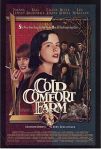 (Stella Gibbons) and Muriel Sparks’ Nancy Hawkins (‘A Far Cry From Kensington’) fall under the same bracket here, because I like them both for their incredible practicality and the incredible small amount of fuss they make over their own lives. They both simply sort other people’s lives out, and don’t make a huge song and dance over their love affairs (ahem, Jane Eyre, Catherine Earnshaw, I’m looking at you here). True heroine role models.
(Stella Gibbons) and Muriel Sparks’ Nancy Hawkins (‘A Far Cry From Kensington’) fall under the same bracket here, because I like them both for their incredible practicality and the incredible small amount of fuss they make over their own lives. They both simply sort other people’s lives out, and don’t make a huge song and dance over their love affairs (ahem, Jane Eyre, Catherine Earnshaw, I’m looking at you here). True heroine role models.
· Lady Sophia Garfield (‘Pigeon Pie’ Nancy Mitford) is just divine, darling. In a strange way, she actually reminds me of Flora and Nancy above; even though she has little interest in other people and is pretty self-centered, she too doesn’t moan about her own life all the time. She just gets on and sorts it out, or at least has fun doing other things until they sort themselves out. No sweat, no stupid fuss, and everything’s fine in the end.
13. Most beautifully written book read in 2013?
I’ve already mentioned the incredible writing in ‘The Grapes of Wrath’ (John Steinbeck) and ‘The Marlowe Papers’ (Ros Barber) in Part One of my questions. However, in ‘Out of the Dust’ , Karen Hesse combines two great elements of these novels together and weaves her own shimmering web of language. The heat and tragedy of the dust bowl in ‘The Grapes of Wrath’ and the poetry of ‘The Marlowe Papers’ – ‘Out of the Dust’ is written entirely in free verse – make for a brilliant pairing in an extremely evocative and beautifully written book.
, Karen Hesse combines two great elements of these novels together and weaves her own shimmering web of language. The heat and tragedy of the dust bowl in ‘The Grapes of Wrath’ and the poetry of ‘The Marlowe Papers’ – ‘Out of the Dust’ is written entirely in free verse – make for a brilliant pairing in an extremely evocative and beautifully written book.
14. Book that had the greatest impact on you in 2013?
‘Brave New World’ (Aldous Huxley) still has me pondering the answer to the question: Happiness or Knowledge? To be honest, I tend to just choose whichever the person I’m arguing against rejects. How can one decide between eternal ignorant contentedness and tortured awareness and understanding of Shakespeare, Beethoven, Van Gogh, Fontain, Plath and all the greats? It’s a terrifying decision either way.
15. Favorite passage/quote from a book you read in 2013?
Arnold Bennet provided some very witty observations in ‘The Old Wives’ Tale’:
“On a recent visit Mr Baines had remarked that the parson’s coat was ageing into green, and had commanded that a new suit should be built and presented to Mr Murley. Mr Murley, who had a genuine medieval passion for souls, and who spent his money and health freely in gratifying the passion, had accepted the offer strictly on behalf of Christ, and had carefully explained to Mr Povey Christ’s use for multifarious pockets.”
Linking nicely to this is a great quote from ‘Decline and Fall’ by Evelyn Waugh:
“‘I couldn’t understand why God had made the world at all…’ I asked my bishop; he didn’t know. He said that he didn’t think the point arose as far as my practical duties as a parish priest were concerned.”
And then, from one of my favourite books of the year ‘Neither Here Nor There’ (Bill Bryson):
“I can’t think of anything that excites a greater sense of childlike wonder than to be in a country where you are ignorant of almost everything. Suddenly you are five years old again. You can’t read anything, you have only the most rudimentary sense of how things work, you can’t even reliably cross a street without endangering your life. Your whole existence becomes a series of interesting guesses.”
16. Shortest & longest book you read in 2013?
‘ The Testament of Mary’ (Colm Toibin) came in as shortest at around 101 pages. Hopefully it’ll stretch out longer in the play I’m going to see of it at the Barbican later this year, starring Fiona Shaw.
The Testament of Mary’ (Colm Toibin) came in as shortest at around 101 pages. Hopefully it’ll stretch out longer in the play I’m going to see of it at the Barbican later this year, starring Fiona Shaw.
‘Our Mutual Friend’ (Charles Dickens) clocked in at 822 pages – the longest by far!
Part three coming up very soon! Plus a review of the Michael Grandage Company’s excellent ‘Henry V’, starring Jude Law… If that doesn’t tempt you back, you have very weird tastes.
